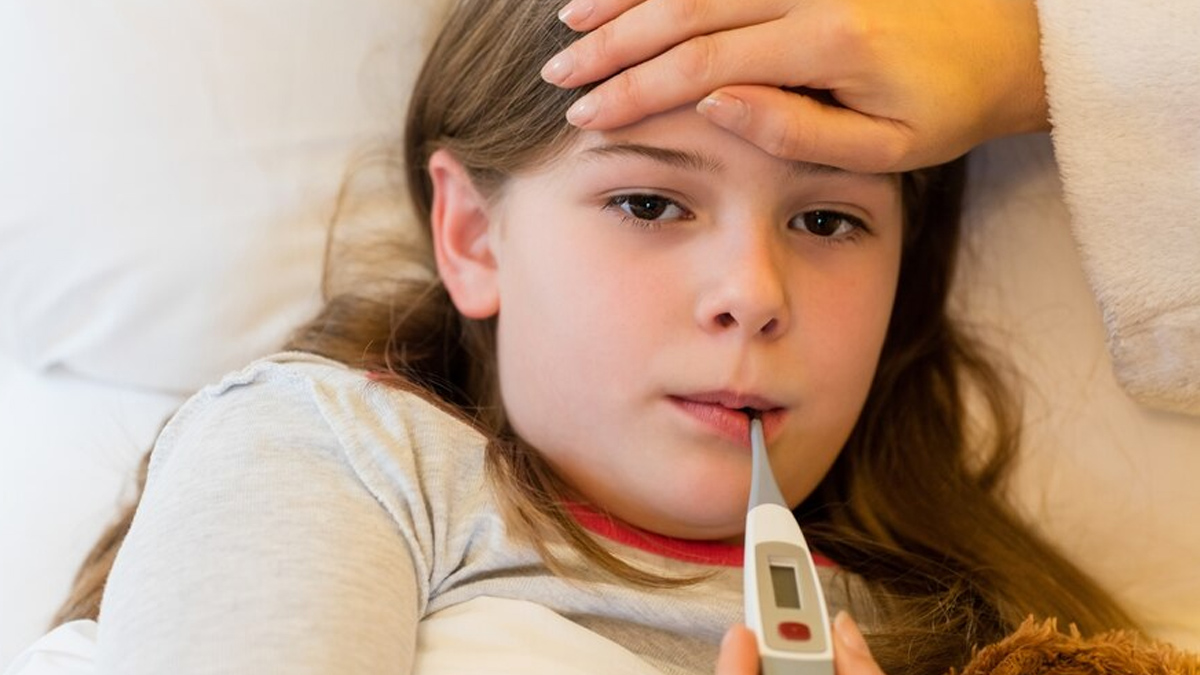
Every year on May 16, India observes National Dengue Day to raise awareness about dengue, a mosquito-borne viral infection that poses a serious public health threat during and after the monsoon season. In 2025, as cases continue to spike in several states, timely prevention and recovery strategies have become more critical than ever.
Table of Content:-
We spoke with Dr Shrey Kumar Srivastav, General Physician and Senior Consultant at Sharda Hospital in Noida, to put together a comprehensive guide for a faster, safer recovery from dengue fever. Here is everything he shared with us and you need to know!
Understanding Dengue: Why It’s More Than Just a Fever
Dengue is caused by the dengue virus (DENV), transmitted primarily by the Aedes aegypti mosquito. It typically presents with high fever, severe headaches, joint and muscle pain (often called “breakbone fever”), skin rashes, and in severe cases, internal bleeding and low platelet count.
"There is no specific antiviral treatment for dengue," explains Dr Srivastav. "Recovery relies on early detection, symptom management, and vigilant supportive care."

Also Read: Miscarriage And IVF: Timing And Considerations For Your Next Steps
Experts' Go-To Guide for Quick Dengue Recovery
1. Early Detection is Half the Battle
If you experience symptoms such as:
Sudden high fever (104°F or more)
Pain behind the eyes
Severe headaches
Body aches or joint pain
Skin rashes
…get tested immediately. “The earlier you confirm dengue, the better your chances of preventing complications,” advises Dr Srivastav.
2. Hydration is Non-Negotiable
Dengue causes severe dehydration and fluid loss. Dr Srivastav recommends:
ORS (Oral Rehydration Solution) every few hours
Coconut water and clear soups
Electrolyte-rich drinks (avoid sugar-laden energy drinks)
Water intake of at least 3-4 litres daily
“Fluids help maintain blood pressure and aid in platelet recovery,” he adds.
Also Read: Type 1 Diabetes Diagnosed In Adulthood Tied To Higher Heart Disease And Death Risk: Study Finds

3. Focus on Nutrition
A weakened immune system needs targeted nutrition:
Papaya leaf extract: Believed to help boost platelet count (consult your doctor)
Fruits rich in vitamin C (like oranges, kiwi, amla) to fight infection
Iron and folate-rich foods (like spinach and lentils) to support blood production
Small, frequent meals to maintain energy without straining the digestive system
4. Rest, Rest, Rest
“Your body needs time to fight the virus. Complete bed rest is essential for at least 7–10 days,” Dr Srivastav insists. Avoid physical exertion, including household chores and screen time, to allow your immune system to recover fully.
5. Track Platelet Counts and Warning Signs
Regular blood tests (CBC) are crucial during dengue:
Platelet count should be monitored every 1–2 days
Watch for warning signs like:
- Persistent vomiting
- Severe abdominal pain
- Bleeding gums or nose
- Black or tarry stools
Seek hospitalisation if symptoms worsen.
6. Avoid Self-Medication
“NEVER take ibuprofen, aspirin, or other NSAIDs during dengue,” Dr Srivastav warns. These can increase the risk of bleeding. Only take paracetamol under medical supervision to manage fever.
Prevention Is Still the Best Cure
While this article focuses on recovery, Dr Srivastav urges everyone to take prevention seriously:
Use mosquito repellents and nets
Wear full-sleeved clothing
Empty stagnant water from pots, coolers, and containers
Support community efforts for vector control
Bottomline
Dengue recovery is not just about surviving the illness, it’s about supporting your body with the right healing tools. Most people recover fully within two weeks with early intervention, proper hydration, nutritional support, and rest.
This National Dengue Day 2025, let’s pledge to stay vigilant, seek timely care, and spread awareness because prevention and preparation can save lives.
Also watch this video
Read Next
Ibrahim Ali Khan Reveals Childhood Jaundice Led To Speech And Hearing Issues; Here’s How It Happens
How we keep this article up to date:
We work with experts and keep a close eye on the latest in health and wellness. Whenever there is a new research or helpful information, we update our articles with accurate and useful advice.
Current Version